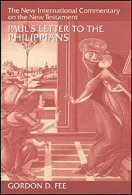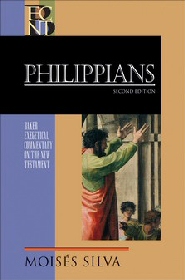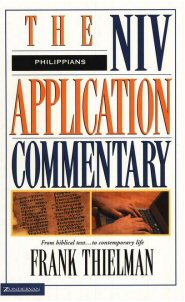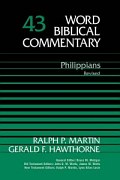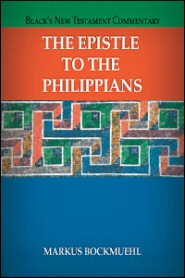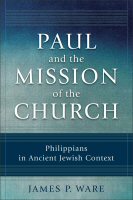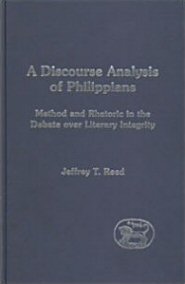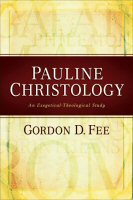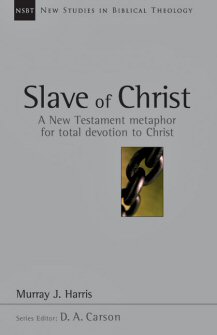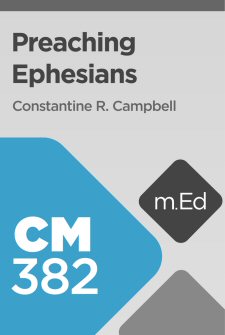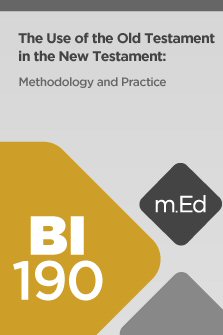Philippians, Colossians, and Philemon
The Philippians, Colossians, and Philemon Expository Preaching Kit (L) helps you plan an expositional sermon series with a trifecta of core resources in each of the Expository Preaching Kits: commentaries, Bible dictionaries, and sermon outlines. Each kit includes commentaries from Ancient Christian Commentary on Scripture (ACCS) and the Preacher’s Outline & Sermon Bible (POSB), as well as reference resources like The Oxford Handbook of Biblical Studies, Dictionary of Paul and His Letters (IVP Bible Dictionaries), and Carta's New Century Handbook and Atlas of the Bible . This kit includes everything in Philippians, Colossians, and Philemon Expository Preaching Kit (M) plus additional resources like Colossians and Philemon (Tyndale New Testament Commentary | TNTC), The Letter to the Colossians (The New International Commentary on the New Testament | NICNT), Exalting Jesus in Philippians (Christ-Centered Exposition Commentary | CCE), and more.
Small
Medium
Large
